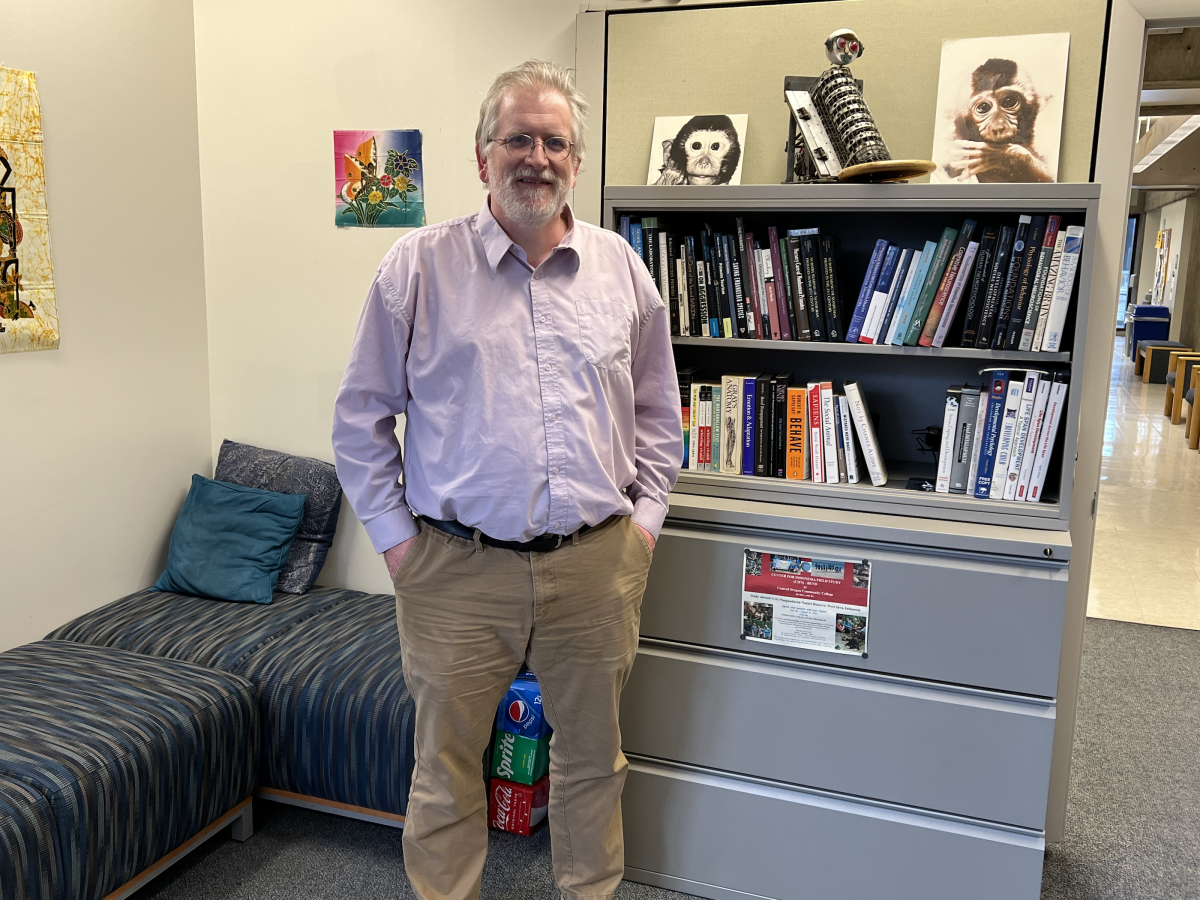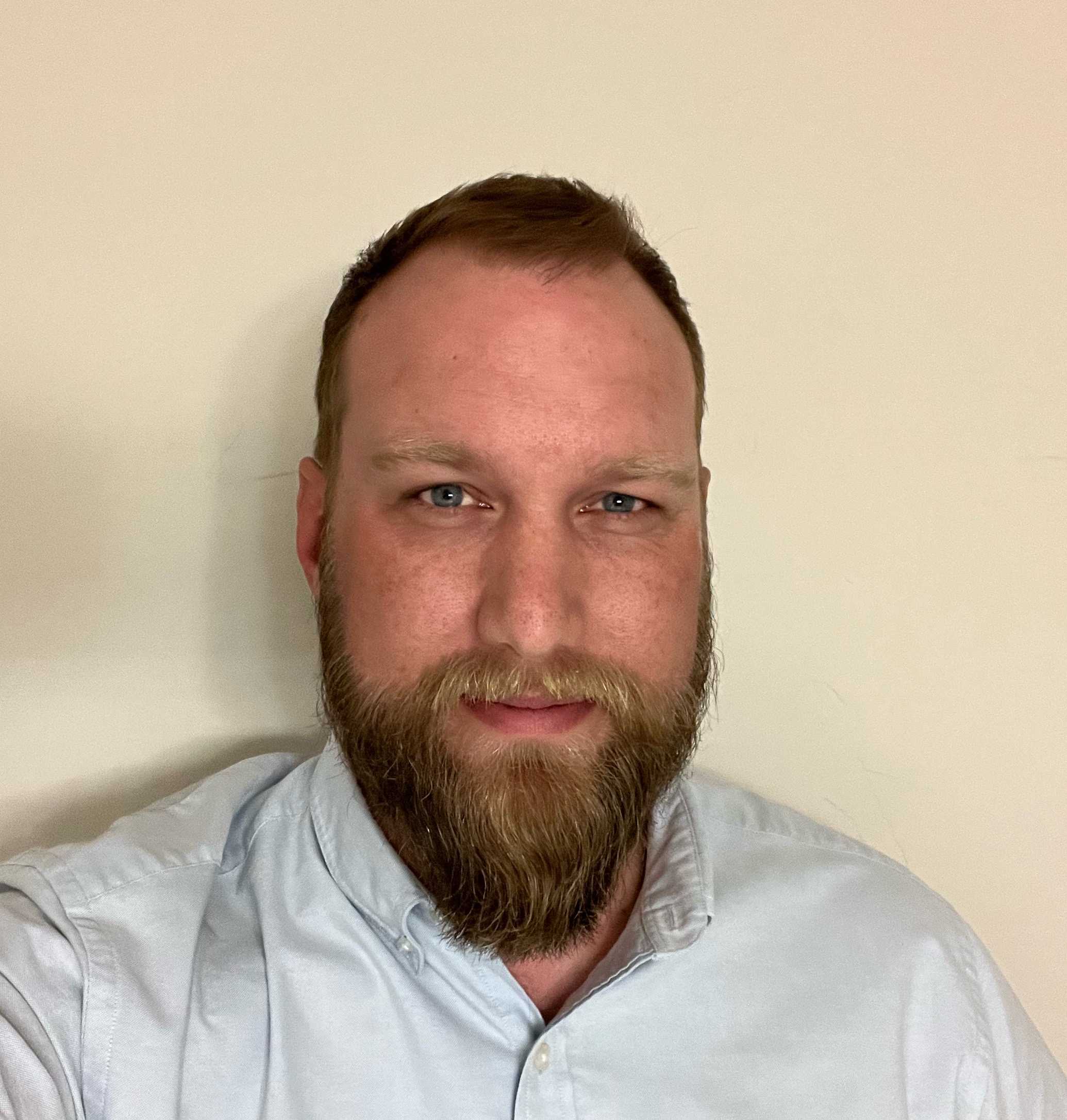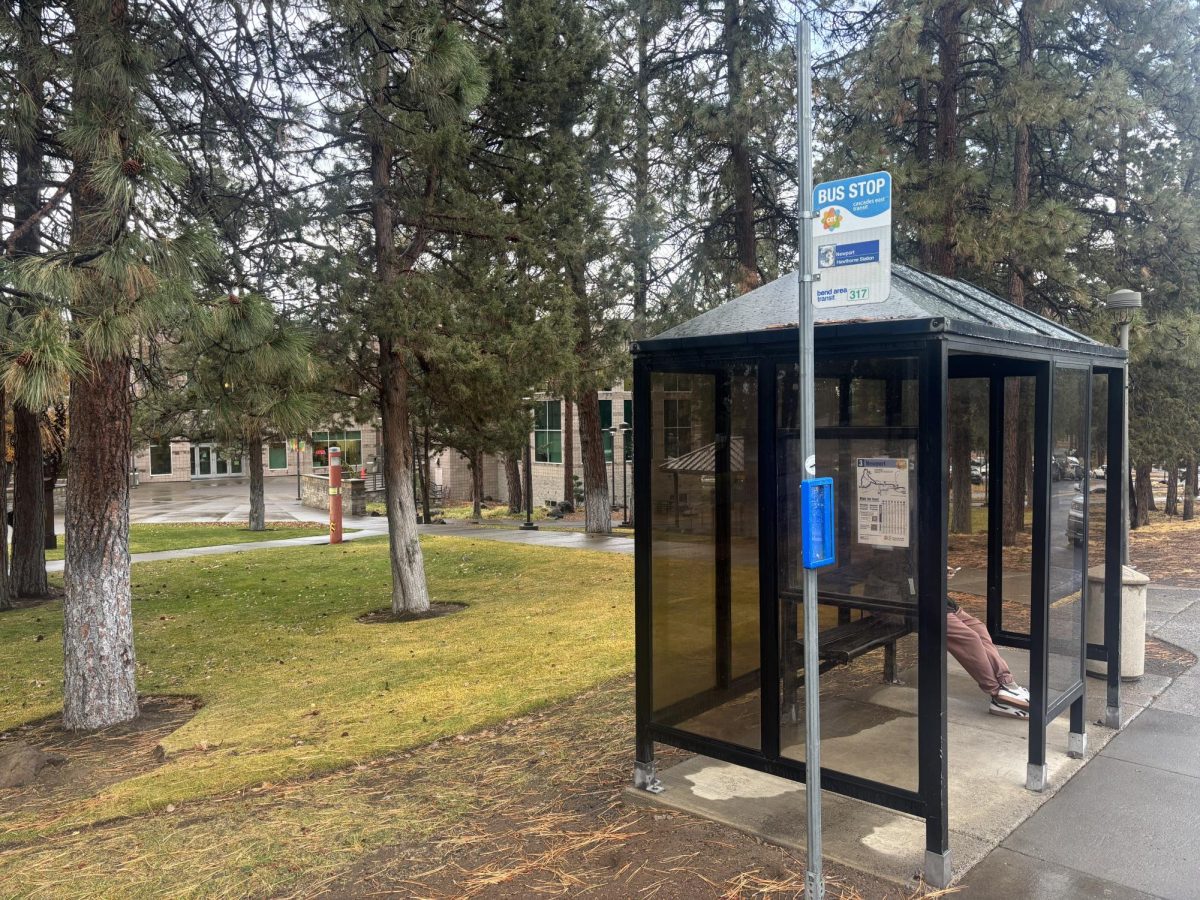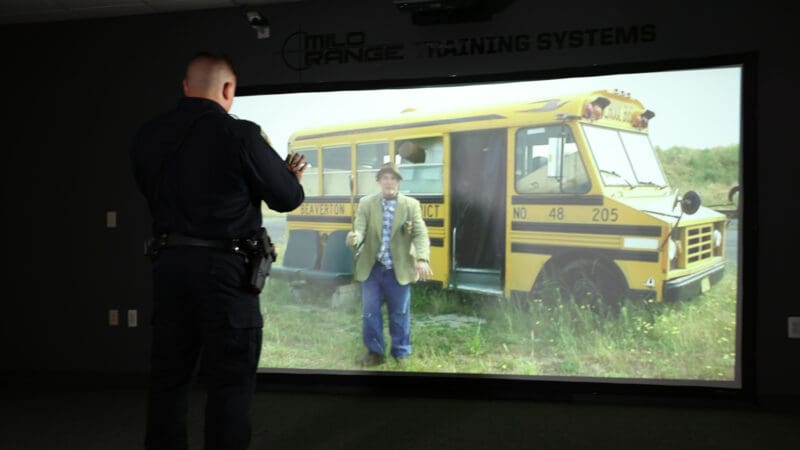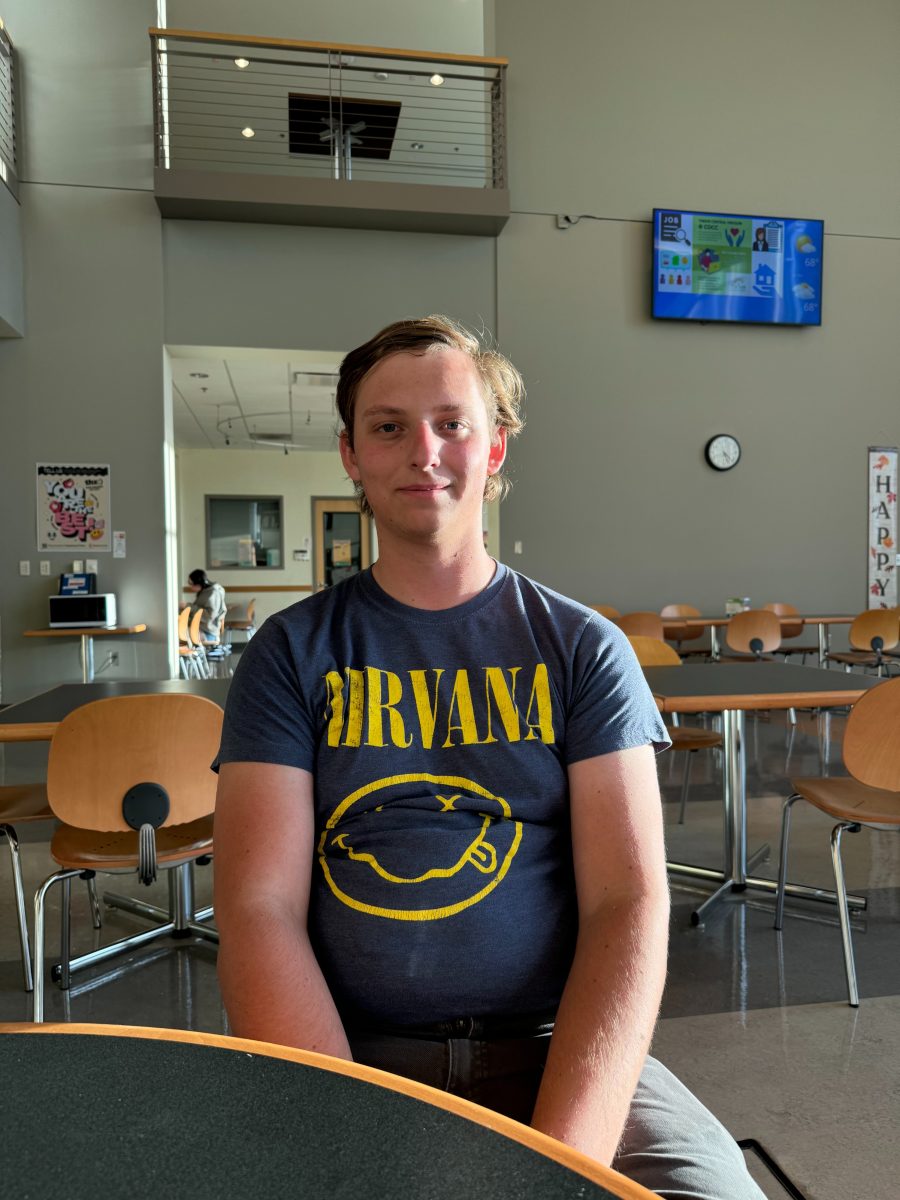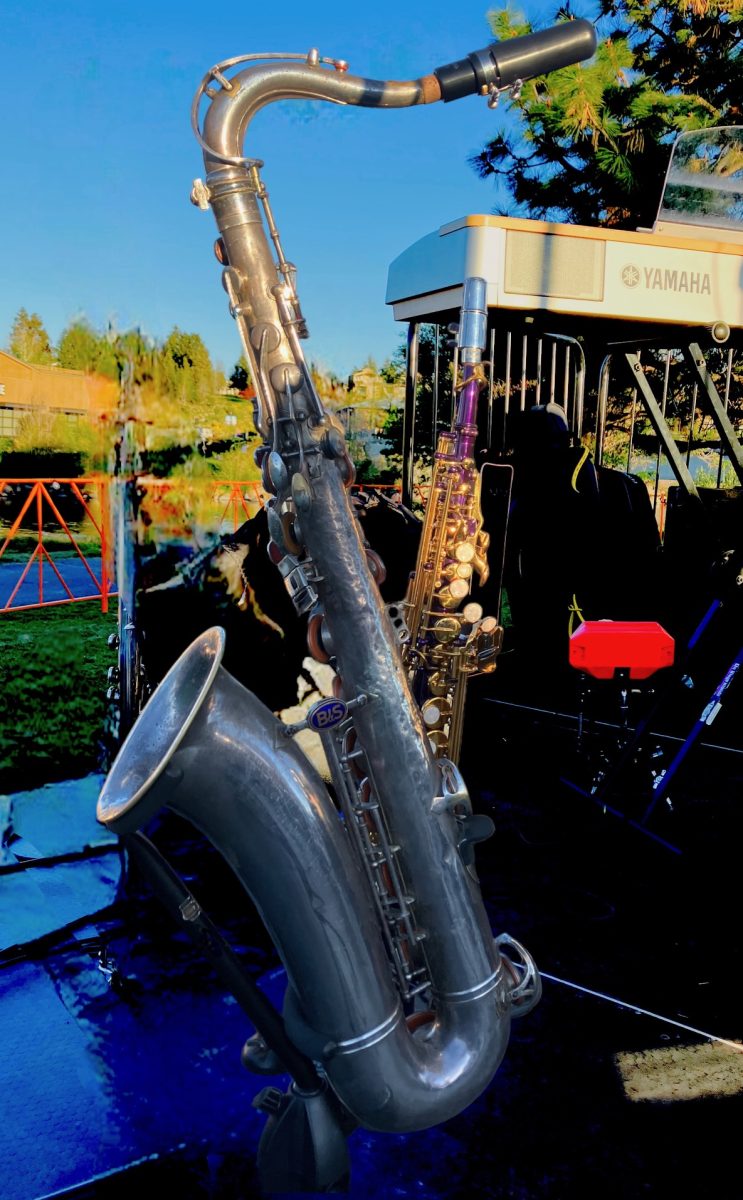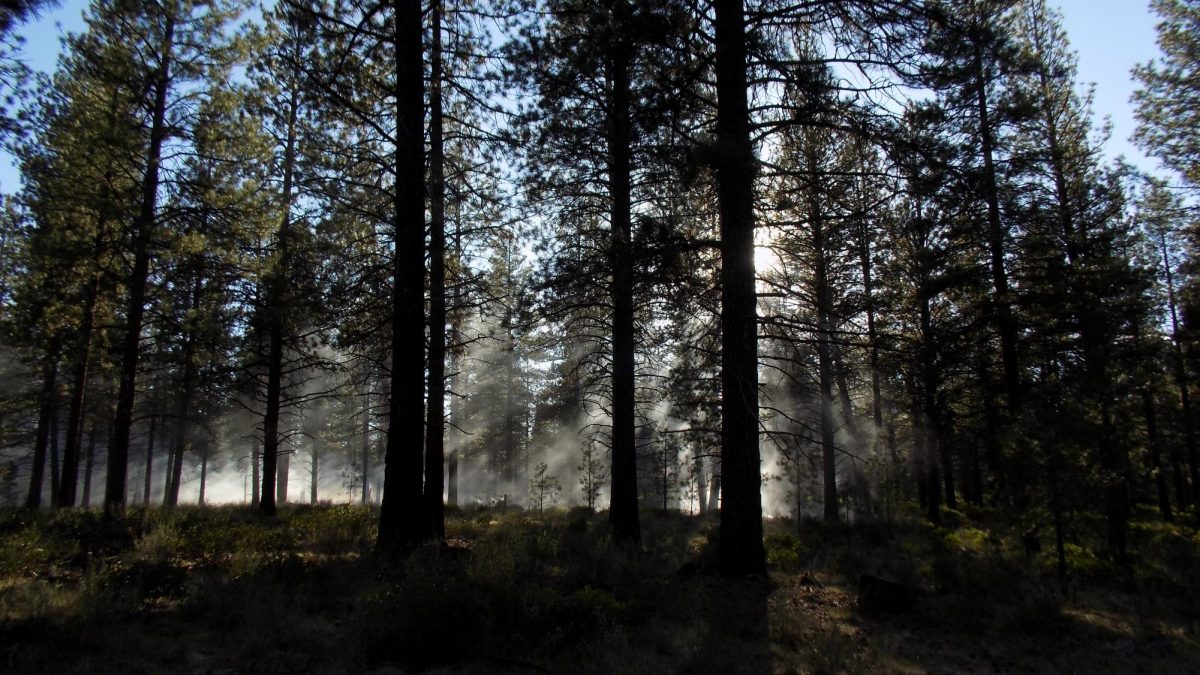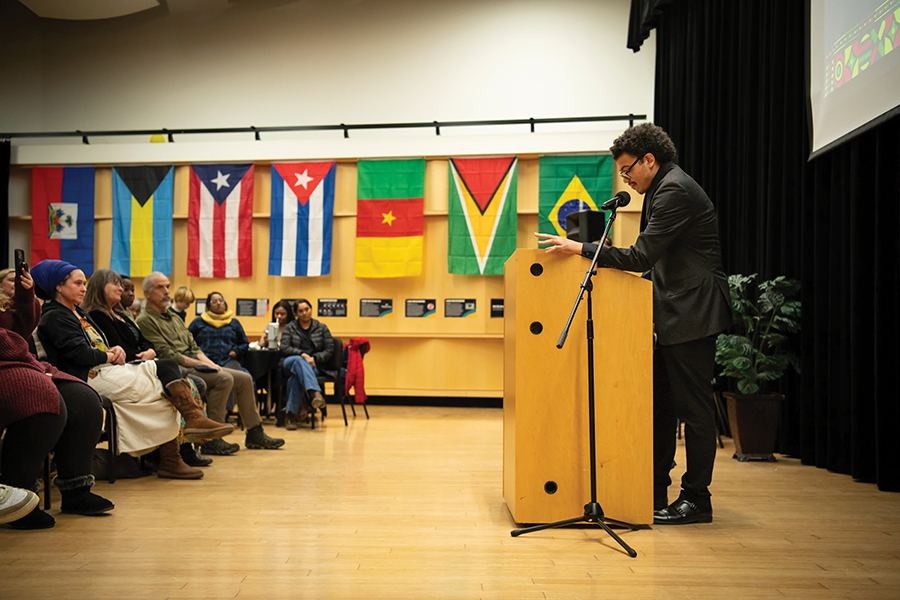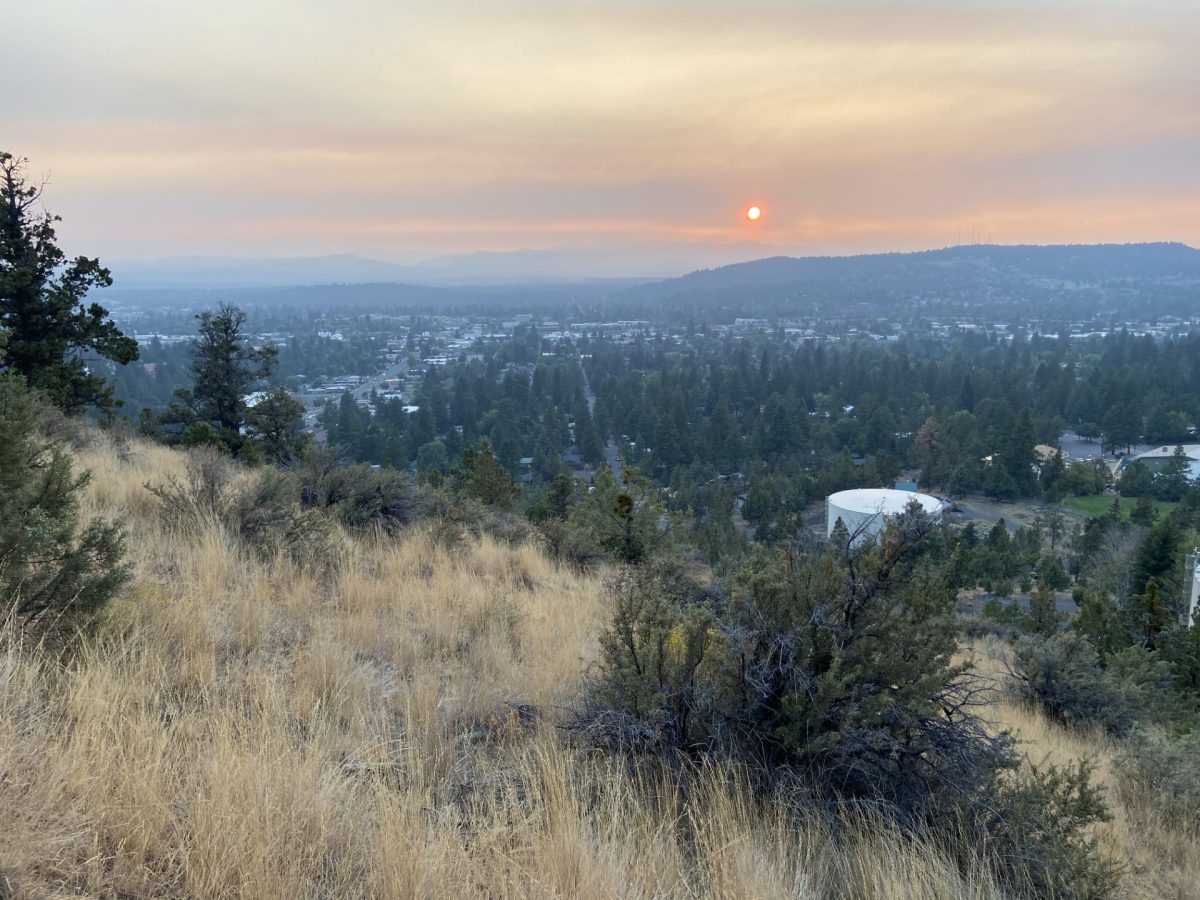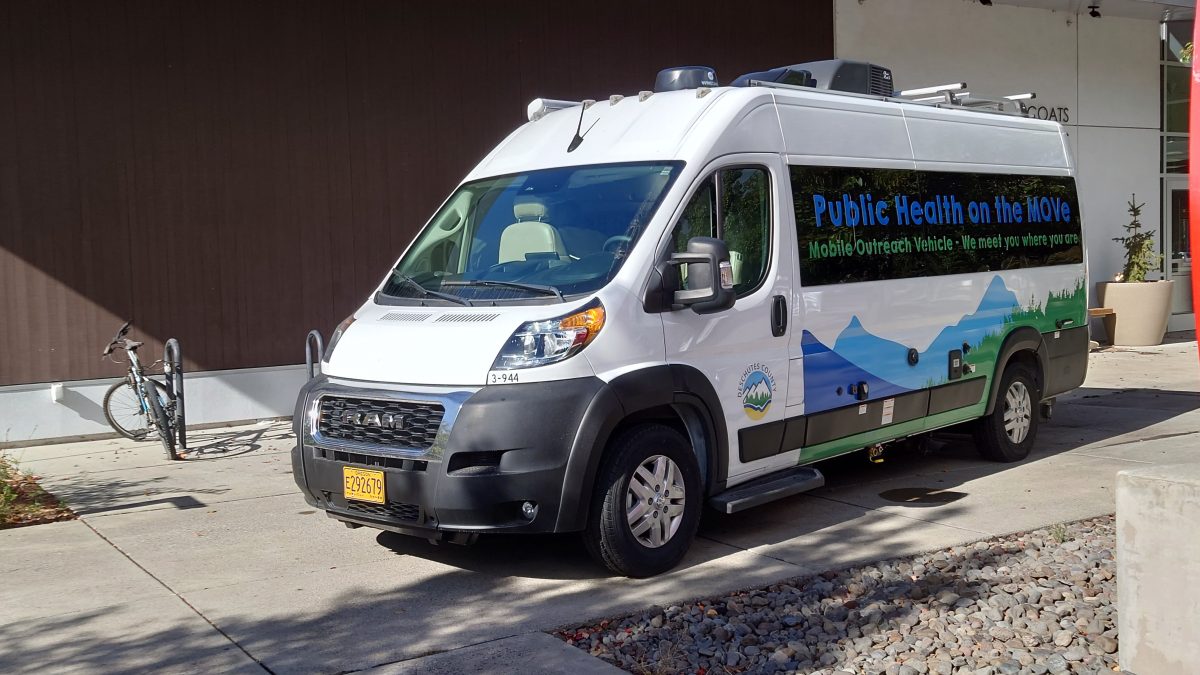If you happen to be walking through Modoc Hall on Friday afternoons and hear sounds of laughter emanating from classroom 104, then you have stumbled onto one of the hidden gems at Central Oregon Community College. Sitting in his office, surrounded by photos of long-tailed Macaques, psychology books and one of Harry Harlow’s mechanical mothers, it’s obvious to see that Novak is passionate about what he does.
Professor Matthew Novak Ph.D., fondly referred to as “The Monkey Guy,” by his students is probably doing anything from challenging them to test their wits against a chimpanzee in a memory test or playing war in the corner with a couple students. Whatever you see or hear is the not often recognized fact that education can be fun, classes are not all drudgery and the connections we make through our classes may be more important than the information we learn there.
If there is one thing that permeates Novak’s entire presence, it would be the unmistakable sense that he cares about people. When asked why he got into psychology, he told The Broadside, “I wanted to understand the differences between me and my brother.” His brother was adopted, and it was later discovered that fetal alcohol syndrome was a likely diagnosis. Understanding their differences became his motivation.
Novak could boast some serious chops as well. He has a Ph.D. in Developmental Psychology. Longitudinal studies are time consuming, yet necessary in his field. He could mention that he is the President of the American Society of Primatologists, and the work he is doing to maintain a balance between the ethics and benefits of both primate conservation and primate research in medicine and biotechnology. He could mention a teaching career that has changed many student’s lives.
But, he won’t. Even with all those accolades, he’s really just a proud father underneath it all. When asked what he is most proud of, Novak answered, “My kids.” He has two adopted children aged 16 and 14. One is from China and the other is from Ethiopia. His wife is Italian and would bring him dinner and his young kids to visit when he was studying the effects of prenatal stress in infant monkeys during the long nights at the lab.
Novak said, “The effects of prenatal experience, or ‘stress,’ should not always be considered negative. In some cases, “stress” can be positive. For example, look at how our views about women exercising during pregnancy have shifted over the last few decades. It is clearly stressful, but also typically good for the mother and the baby, contributing to positive birth outcomes.”
His research worked to change the old assumption that prenatal stress was universally negative and clearly helped to demonstrate that even normative environments start to influence development outcomes before birth.
“While development has been an integral part of complexity research, it is uncommon for the endpoints of the developmental lifespan to include prenatal development when the sensory systems are first beginning to function.” His passion for monkey models of human development came second to his family, and he gave up his career as a research psychologist to become a professor and spend more time at home.
“There is a saying that goes, if you love what you do, you will never work a day in your life,” said Novak. “I am one of the lucky few that has done that twice,” he continued, in reference to his job first as a researcher and now as a professor.

One could say the psychology students at COCC are the lucky ones. From organizing labs to psychology talks, Novak is focused on his students while he is at work. Fun Friday Learning Community Days are days when students and faculty from all over COCC can get together in Modoc 104 and do everything from participate in an informal journal club, to talk about their days, to analyze movies or engage in a cortisol raising game of Slapjack.
In addition to his full teaching load of laboratory and lecture classes, Dr. Novak coordinates one of COCC’s study abroad programs which focuses on field training and research in conservation and global health at the human-wildlife interface. Each summer, Novak takes a group of students to Indonesia to experience field research firsthand, test their own hypothesis and design real scientific experiments.
He said, “Be careful, this trip will change your life.”
The effect is highly noticeable among the students in his Indonesian Field Study class. One thing is sure, everyone seems excited for the opportunity and adventure. Living in tents on the far side of the world in a tent or a bungalow, where lizards wander in and out at their leisure really doesn’t bother these students. Reptiles, who cares? Coffee was the real question. Will there be coffee in the mornings?
Novak grinned and replied, “The next time you are in a coffee shop and order a java, you can look, point and say, I’ve been there!”
They are headed to Pangandaran in West Java, where before it was liberated from Japan, was actually a Dutch Colony. Dutch Bros is synonymous with coffee here in the states.
Mark Twain said, “If you must be regretful, regret the things you didn’t do, not the things you did. A man lets too many smiling opportunities pass him by.”
One thing is certain, spend any amount of time in Modoc 104 on Fun Friday Learning Community Days talking to Dr. Novak, you won’t regret it. You will most likely learn something new, and you will definitely leave with a smile.


